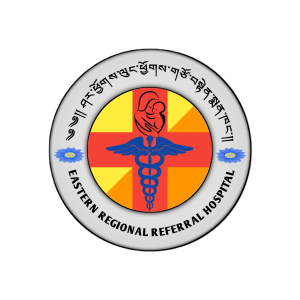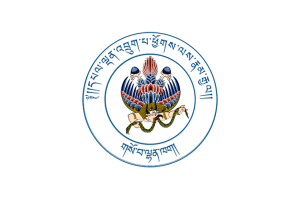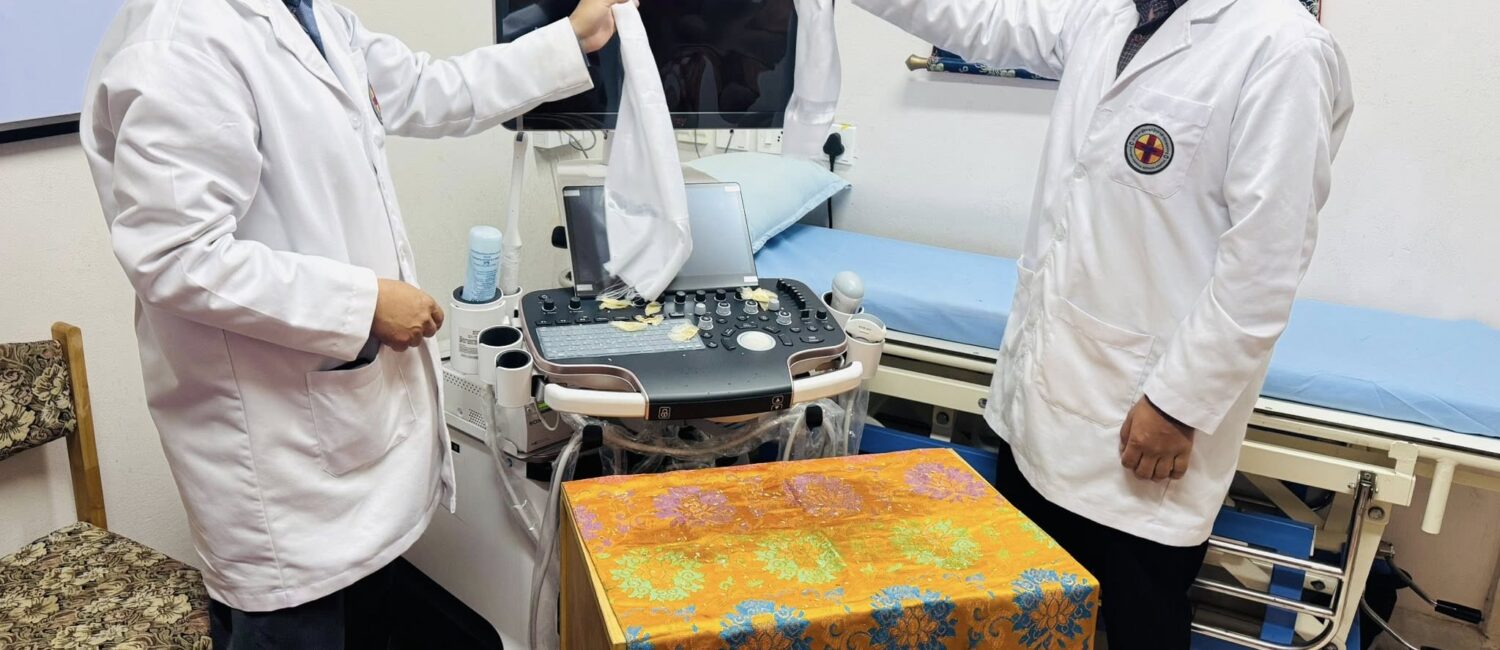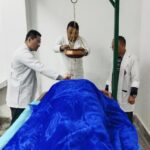Today marks a significant milestone in advancing maternal and fetal healthcare with the official inauguration of the Maternal and Fetal Medicine (MFM) Clinic at the hospital.
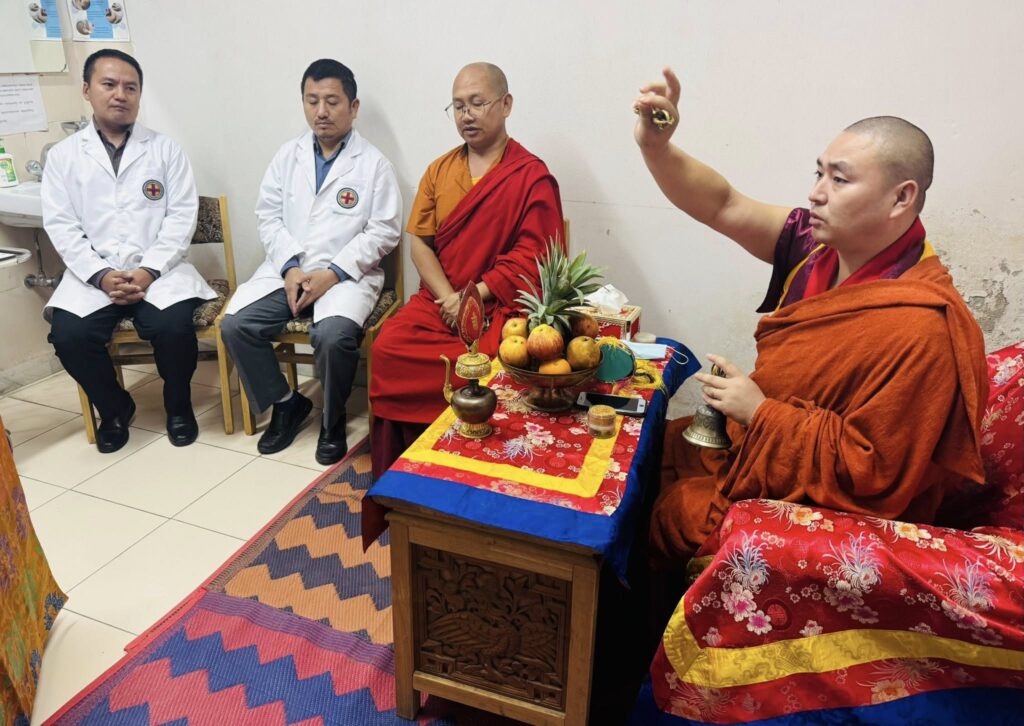
The establishment of this specialized unit, equipped with a state-of-the-art ultrasound system valued at over Nu. 7 million, has been made possible through generous funding support from the Ministry of Health.
The MFM Clinic will be led by Dr. Yeshey Dorjey, a Maternal and Fetal Medicine Specialist, who brings extensive expertise in managing pregnancies with complex maternal and fetal conditions.
The newly established clinic is designed to provide a comprehensive continuum of care — spanning the preconception, antenatal, and postnatal periods — to ensure the optimal health and well-being of both mother and baby.
During the preconception period, the clinic will offer specialized genetic counseling, risk assessment, and optimization of pre-existing medical conditions to prepare couples for a healthy pregnancy.
In the prenatal phase, the clinic will provide prenatal screening for chromosomal disorders, including nuchal translucency (NT) and nasal bone assessment between 11–14 weeks, and a detailed anomaly scan between 18–22 weeks for all pregnant women. In addition, prenatal invasive diagnostic procedures such as chorionic villus sampling (CVS), amniocentesis, and cordocentesis will be offered when clinically indicated.
Previously, congenital heart diseases were typically detected only after birth. Going forward, fetal echocardiography will be routinely offered between 18–22 weeks, enabling early detection of cardiac anomalies during pregnancy. This advancement will support shared decision-making and allow timely postnatal interventions in collaboration with pediatric cardiac specialists.
The clinic will also provide obstetric Doppler studies for high-risk pregnancies, aiding in determining the optimal timing of delivery and preventing avoidable perinatal complications.
With the current technological capabilities, the MFM Clinic is prepared to initiate intrauterine fetal therapies, including amnioreduction, amnioinfusion, fetal thoracocentesis, intrauterine medication administration, and intrauterine blood transfusion, among others.
Furthermore, the MFM Clinic will play a pivotal role in enhancing perinatal outcomes by facilitating coordinated management between obstetric and neonatal teams. Deliveries can now be strategically planned in collaboration with the Neonatal Intensive Care Unit (NICU) to anticipate and manage complications in high-risk pregnancies more effectively.
To fully realize the clinic’s potential, additional trained laboratory personnel and obstetric nurses will be required to assist with specialized diagnostic and interventional procedures. Establishing a cytogenetic laboratory will also be essential to support advanced fetal diagnostic services, ensuring the clinic’s sustainability and continued excellence in maternal and fetal care.
The inauguration ceremony was graced by the Medical Superintendent, Administrative staff, Heads of Departments, and Unit In-Charges, with a Lhabsang purification ceremony led by the hospital’s Lam Tsozin, symbolizing an auspicious beginning for this vital new service.
